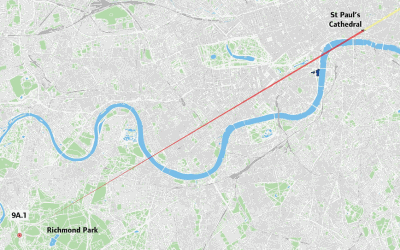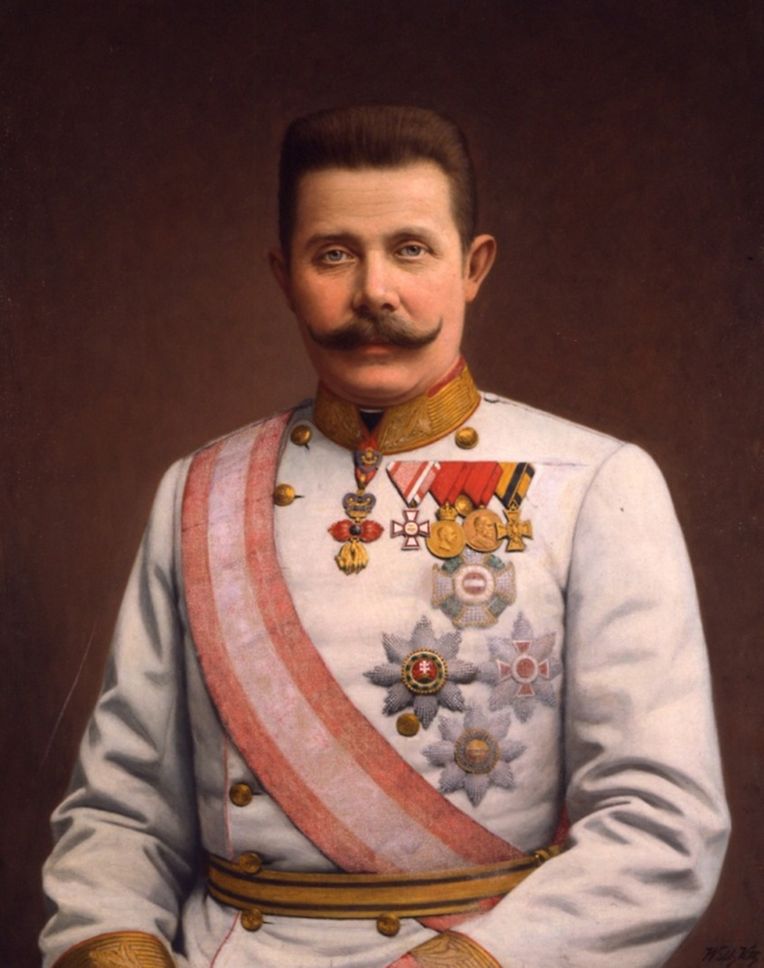Yet another selection of the weird and wonderful from the catalogue of our local auction house. Nothing really outrageous this time; no mounted walrus heads; cranberry glass figurines of Hitler; stuffed guinea pigs. Just a collection of oddities put together and called a lot.
A still life of a loaf of brad (sic) with cheese and a bottle of beer, oil on canvas, gilt frame
A Dunhill cigar cutter, a Dunhill white metal lighter and a small erotic carving
3 miniature books, a small collection of miniature porcelain gnomes, and a silver-mounted perfume flask
A spring-loaded bone-handled corkscrew inscribed ‘BK&C’, a pair of old field glasses, a boxed pair of Nikon binoculars, a pair of opera glasses, magnifying glasses, and an unusual small candle holder, being held up by a frog on top of a tortoise
A late Victorian ornate silver bachelor milk jug and sugar basin, Birmingham 1896
How do you sex a milk jug, let alone determine its marital status?
A large quantity of miniature souvenir cheese dishes with covers including Margate, Ipswich, Alfriston, Bath, Lincoln, etc.
A White Star Line plate, a quantity of Wedgwood Bournvita cups, plates and coffee pot, a small quantity of commemorative ware including the coronation of 1937 George VI, a small quantity of souvenir ware including Walton-on-the-Naze and Northampton, a Victorian bisque nodding mandarin, a bisque figurine of a girl, etc.
Seven Wade Nat-West piggy banks including two Fathers, a Mother, Baby and three different children.
Clearly a very modern family indeed.
A good quantity of tribal art including masks, crocodile figurine, backbone necklace, carved hardwood bellows, pipes, African wall mask styled as an elephant and decorated with feathers, plus other interesting objects.
A boxed set of six Babycham glasses, a Wedgwood green jasperware box, a Wade dish entitled Wagon Train, a Belleek heart-shaped trinket box and cover, three boxed key rings, four Time-for-Tea boxed miniature collectable teapots, a horn, a figurine of an angel with Jesus, a figurine of a lady, a set of knife rests, three blackbird pie funnels, a quantity of small animal figurines including a Goebels rabbit, a Russian blue and white alligator, and other blue and white Russian figurines including two children on a wolf, a potter, eskimo, ladies, etc., a small quantity of thimbles, a quantity of souvenir ware including a clog advertising Guildford and a pig advertising Hove, a Coalport figurine of an owl and another of a snail, an Avon black cat perfume bottle, a Portmeirion white glazed jug, a Herend dish decorated with flowers, a Russian ceramic bear, a white glazed Naples figurine of a cherub playing a flute, three David Winter cottages, and other collectable items.
… interesting items including Victorian Frister & Rossman sewing machine, a leather briefcase, a Bush radio, Smiths mantel clock, three Oriental embroidered pictures of birds, Old Foley jar and cover, a large wash jug decorated with roses, copper jug and cover, three silver plated jugs, plus other interesting china items including wall plates, jugs, etc.
A quantity of fishing equipment incl. seat, nets, rucksack and fishing rods in a blue carry-all container and a pair of curtains
Two boxes of interesting artefacts incl. an old Oriental metal bell decorated with dragons and masks, a Dinky toy Ensign glass airliner model plane, old brass animal collar, a pair of heavy metal ankle bracelets, old metal pipe, replica pistol, snake candlestick, heavy Oriental brass vase, two heavy metal African figures, a pewter tankard, and a large metal tankard
Two Tanzanian Nyamwezi water divining wooden staffs of figural form, male and female
A huge collection of 75rpm (sic) and LP records
and again …
A collection of LPs, 45s and 75s, (sic) some of which date back to the 60s
A quantity of camping equipment incl. tents, stoves, kettles, plates, in a metal trunk C219CMC 1944, belt, pen, musical dog figure ‘The Last Shout’, a boxed brake lights, a military box, an old BBC Bakelite broadcasting item no. 2 model with adapters for aerial, earth and phone, an old leather suitcase and a trunk containing a leather case, torches, a quantity of Practical Engineering magazines, and various Machinery magazines, a pair of leather driving gloves, etc.
Three cartons of assorted National hats from around the world
and again …
A collection of national hats from around the world … including SE Asian straw hats and a Native American headdress





